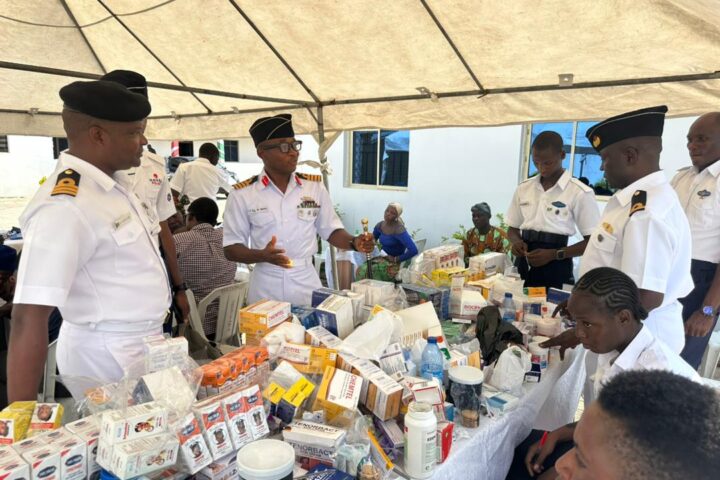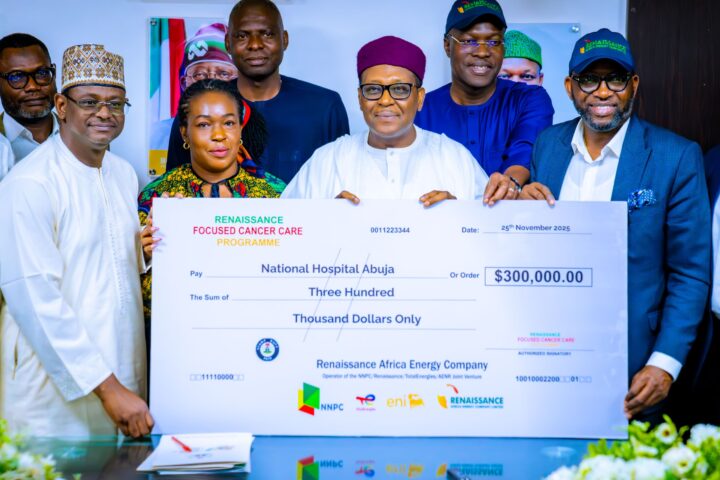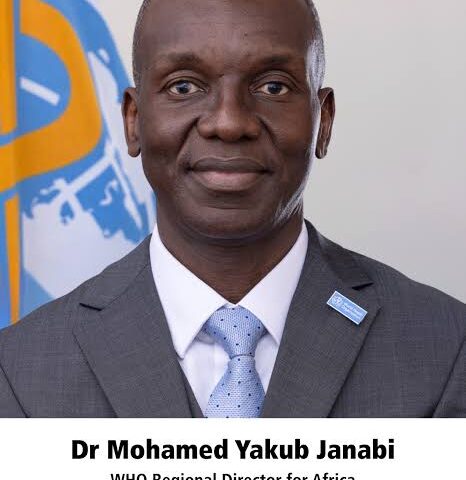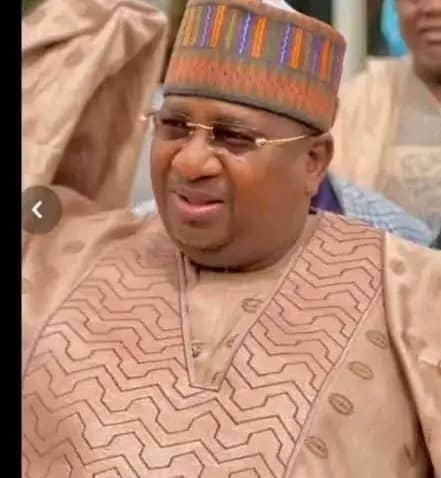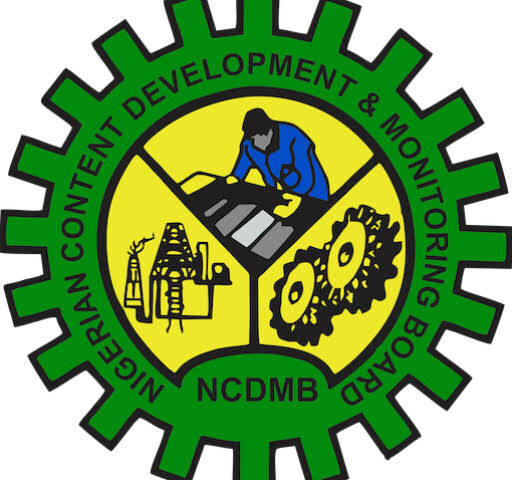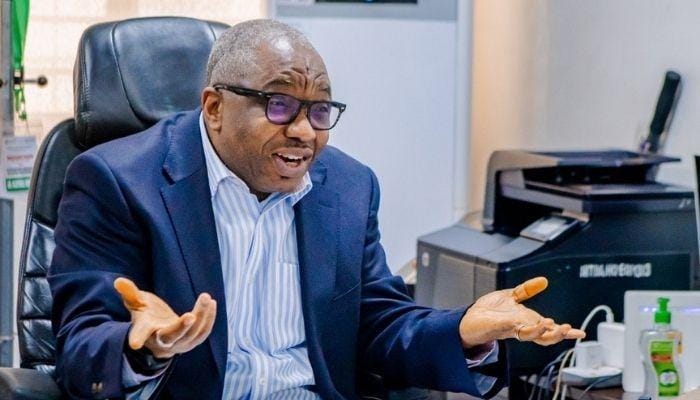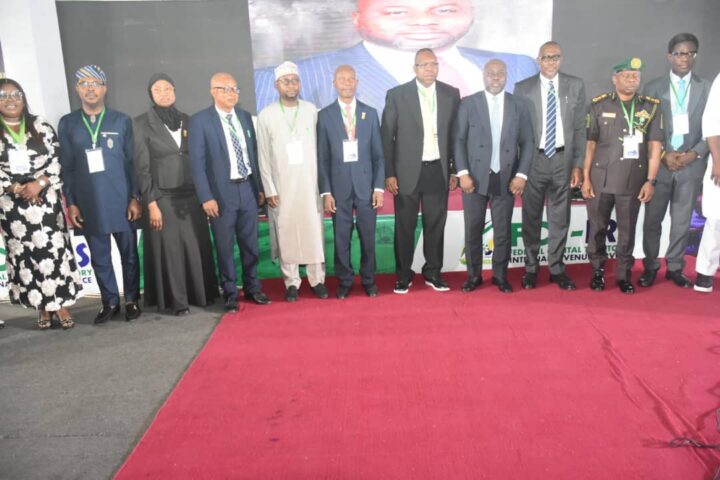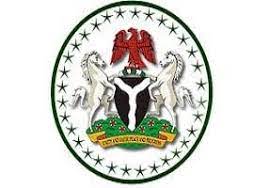 The Federal Government Wednesday launched the National Domestic Resource Mobilisation and Sustainability Strategy to reduce the country’s over-dependence on international donors to fund HIV/AIDS interventions and responses.
The Federal Government Wednesday launched the National Domestic Resource Mobilisation and Sustainability Strategy to reduce the country’s over-dependence on international donors to fund HIV/AIDS interventions and responses.
Currently, 80 percent of funding for HIV comes from international donors and development partners, while the government (national and states) only contributes a paltry 18 percent of the funding.
Speaking during the official launch of the Strategy in Abuja, the Director-General of the National Agency for the Control of AIDS (NACA), Dr Gambo Aliyu, said: “Sustaining HIV funding requires resource mobilization, and this resource mobilization for a long time has always been external. It is time to mobilize resources domestically to ensure that sustainability of HIV funding is guaranteed after the epidemic control.
“Between the year 2005 to 2018, about $6.2 billion was extended to identify close to one million people living with HIV and AIDS in this country and place them on treatment. However, 80 percent of this money came from international donors and development partners.
“Only 18 percent of the money was contributed by the Federal and State government, and one percent of it came from the private sector. Because of this, it becomes imperative, with the leadership of his Excellency President Muhammadu Buhari, and the pledge he has made for which he has fulfilled to place 100,000 people living with HIV and AIDS on treatment with the government of Nigeria money; and also on an incremental basis to increase this number by 50,000 every year. I am glad to say we did this last year and we are on track to repeating it this year.
“However, our strategy reflects the need to expand our resource base and increase domestic resources to diversify our source of funding. The goal is to ensure that sustainable resource is available for the implementation of our programs to meet the United Nations goal of identifying and placing on treatment and actually controlling the virus of 95-95-95.
“What that means is that at the end of it, if that is achieved, over 80 percent of people living with HIV and AIDS in the country will have the HIV restricted in them in such a way that it doesn’t leave them to affect other people, and also, it lacks that opportunity to bring down their body defense mechanism which could claim their lives. We are on target to do that program-wise, but are we on target to do and to continue sustaining that financially and domestically?
“It is essential that our national and state stakeholders assume greater ownership of the HIV response, including financing. Strong accountability structures, along with a multi-sectoral HIV response are needed to monitor the use of the funds that are raised, and to ensure that we spend on activities that will continue to have real impact on people living with HIV and AIDS.”
In his remarks, the Chairman of the House Committee on HIV/AIDS, Tuberculosis and Malaria (ATM), Hon. Abubakar Sarki Dajiru, said: “The 2022 budget, by the grace of God, the National Assembly, based on the Committee on ATM, and also our Senate partners, felt that the budget of NACA should be improved by 100 percent.
“Based on our position, we have always felt that we are living on risk because if today the development partners decide to withdraw from Nigeria, believe me sincerely, we felt that at the end of the day we are going to crash between the zero level.
“Also, one of the things that we felt is very important is between the private and the government, especially the Governors of all these states. They are supposed to be doing their own contributions also to NACA. This way, at least at the end of the day, the States will be able to see the impact, especially within the rural areas.
“Almost 90 percent of the Governors are not doing what they are supposed to do. So, we are having that alliance with the Director-General of NACA, of which sooner or later, from the National Assembly, we are going to come up with a motion whereby all the Governors and all the counterparts (funds) that we felt they should pay to NACA, should be directly from the Office of the Accountant-General of the Federation.”
The Country Director of UNAIDS, Dr Erasmus Mora, added: “Recently, the world came together at the United Nations General Assembly High-Level Meeting to adopt a new political declaration on HIV/AIDS for the year 2021 to 2026, which is that all countries should move in the direction of increasing ownership, financing and accountability for HIV.
“Right now we have approximately 1.8 million Nigerians living with HIV. Congratulations to NACA because about 1.6 million of them are on treatment. And the question now is: who is paying for these 1.6 million Nigerians who are on treatment? If the payer should change their mind, what happens to these people who need the drugs for the rest of their lives.
“So, this particular agenda we are calling domestic resource mobilisation and sustainability agenda, is about how do we pay to keep Nigerians from getting infected from HIV, and more importantly, how do we pay to ensure that those who are in treatment currently can comfortably remain on treatment and that the remaining 20 to 30 percent who are not on treatment are brought on treatment?”



